BLOG: How metal is influencing the national discourse in Lebanon
“Rise from the rubble…Rise from your sadness… The revolution is born out of the womb of sorrows”. JP Haddad’s growls and anguished screams in Kimaera’s cover of Ya Beirut deliver a right jolt. This is no ordinary cover. It’s a cover of a hugely popular anthem from 1991, released by one of Lebanon’s most iconic classical singers, Majida El Roumi, shortly after the end of the Lebanese Civil War. But while the original version of Ya Beirut is an operatic, sentimental melody, Kimaera’s symphonic death metal version echoes perfectly the anger felt in Lebanon today.
Anyone following the news about Lebanon will have heard about the Beirut port explosion of August 4, 2020, which wrecked the port and surrounding residential areas in the city, killing more than 200 people, injuring 6500 and destroying thousands of houses.
The direct cause of the explosion is yet to be determined, but one thing is clear: The biggest explosion in the history of Lebanon—of almost nuclear proportions—was the result of rampant corruption among Lebanon’s ruling class, which allowed explosive chemicals to be stored at the port, in close proximity to residential areas.
The explosion came after a year of mounting economic and political crises in Lebanon, which drove the Lebanese to take to the streets in October 2019 to demand the fall of the political system and its corrupt figures. The sad reality is that the words in Ya Beirut—a poem about Beirut by one of the Arab world’s most eminent poets, Nizar Qabbani—still apply to Beirut today.
Kimaera’s interpretation of the song reflects the national mood in Lebanon. Particularly from minute four in the song, it’s as if the bowels of the city rise up to avenge its assault.
In an unprecedented sequence of events in a country where heavy metal is usually ignored by the mainstream media and frequently demonised by the government, Kimaera’s cover received lots of positive media coverage in the Lebanese and regional press and the video was played on national television. It was a real coup for heavy metal in Lebanon.
The video is spot on. Its allusion to the Beirut port explosion is done with such sensitivity and tact that are not easy to pull off. Details like ashes floating when the drummer hits the cymbals and the blood dripping from the band members and guest singer would have been crass in any other context but here they really work. Thousands of Lebanese agree. The video had 81,500 views on YouTube before the band were forced to take it down due to a copyright claim by Majida El Roumi, who issued a public statement saying the band had no right to cover the song and dismissing heavy metal as a lesser musical genre.
Kimaera are pioneers in the Lebanese metal scene. Celebrating their 20th anniversary this year, the band were the first Lebanese metal band to tour outside Lebanon and are highly respected in the local metal scene. El Roumi’s decision to sue the band for copyright infringement—Kimaera say they had a “gentlemen’s agreement” from her to release the cover—has been met with much ire by the band’s existing and newfound fans. Regardless of the claim, Kimaera’s Ya Beirut has already caused another crack in the glass ceiling in the Lebanese metal scene’s relationship with the mainstream, and affirmed how heavy metal can be a powerful medium for social commentary.
The World Metal Congress will be discussing the pros and cons of this case and the wider picture of heavy metal in Lebanon in our livestream on November 24. More info here.
-Lina Khatib
Lina Khatib is the Director of the Middle East and North Africa Programme at Chatham House and a World Metal Congress co-founder
Twitter: @LinaKhatibUK
We will be joined by JP Haddad, Anthony Kaoteon (Kaoteon/Death Tribe) and Derek Roddy (Serpents Rise / Nader Sadek / Khavar) on Tuesday, November 24th at 7 PM GMT for a Metal in Lebanon livestream on our Youtube channel.

